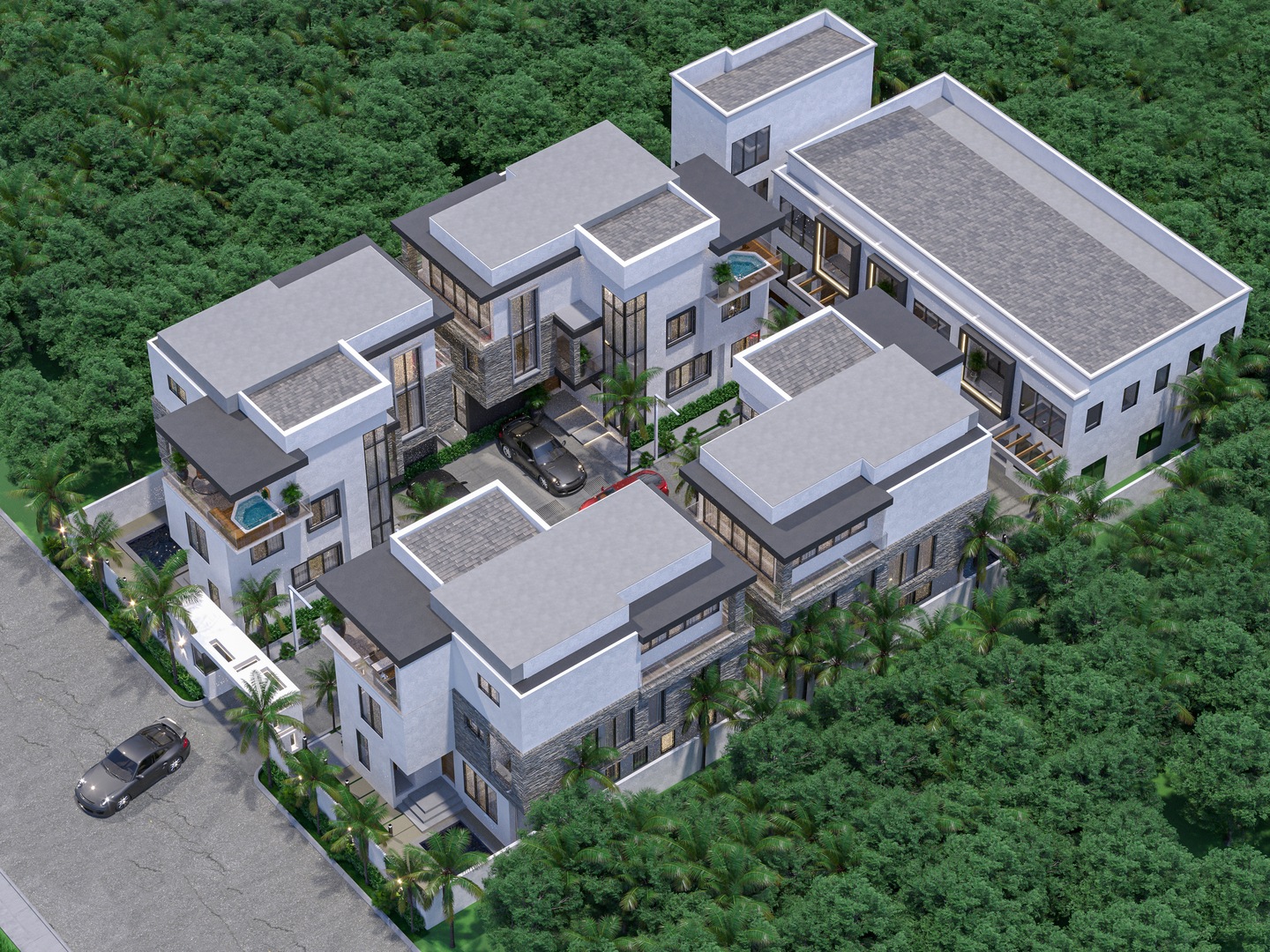
Strategies for Real Estate Investment Success in Ghana
Investing in real estate in Ghana presents lucrative opportunities for individuals seeking to diversify their investment portfolios and capitalize on the country’s growing economy. From residential properties to commercial spaces, hospitality establishments to industrial facilities, Ghana’s real estate market offers various avenues for investors to generate income and potentially benefit from property appreciation. In this article, we will explore different types of real estate investments in Ghana, highlighting the potential rewards, risks, and legal considerations associated with each. By understanding the market dynamics, conducting thorough research, and adhering to local regulations, investors can make informed decisions to tap into Ghana’s vibrant real estate sector.
- Residential Properties: Investing in residential real estate in Ghana involves purchasing properties such as homes, apartments, or condominiums primarily for rental or sale purposes. The demand for housing in Ghana is driven by factors such as urbanization, population growth, and an expanding middle class. Investors can target rental income by leasing the properties to tenants or capitalize on the potential appreciation in property value over time.
- Commercial Properties: Investing in commercial properties in Ghana encompasses office buildings, retail spaces, warehouses, and hotels. The commercial real estate market in major cities like Accra and Kumasi is growing, fueled by economic development and increasing business activities. Investors can earn rental income by leasing the spaces to businesses or sell the properties to commercial buyers looking for offices, retail outlets, or storage facilities.
- Mixed-Use Developments: Mixed-use developments in Ghana combine residential, commercial, and sometimes leisure components within a single project. These developments offer a comprehensive lifestyle experience and attract diverse tenants and customers. Investors can benefit from the rental income generated by residential and commercial units while also capitalizing on the potential appreciation in property value.
- Industrial Properties: Industrial real estate investments in Ghana involve acquiring warehouses, manufacturing facilities, or logistics centers. With Ghana’s growing economy and increasing trade activities, the demand for industrial properties is on the rise. Industrial parks and zones are being developed to cater to manufacturing and distribution needs. Investors can benefit from rental income by leasing these properties to industrial or logistics companies.
- Retail Properties: Retail real estate investments in Ghana include shopping malls, supermarkets, standalone retail outlets, and street-front stores. Ghana’s urbanization and growing middle class contribute to the demand for modern retail spaces. Investors can earn rental income by leasing the properties to local and international retail brands or capitalize on the potential appreciation in property value.
- Hospitality Properties: Investing in hospitality properties such as hotels, resorts, and guesthouses in Ghana can be lucrative due to the country’s tourism industry. Ghana offers rich cultural heritage, natural attractions, and business travel opportunities. Investors can generate income from room bookings, restaurant services, and conference facilities catering to both local and international guests.
- Real Estate Investment Trusts (REITs): REITs in Ghana are companies that pool funds from multiple investors to invest in income-generating real estate properties. By investing in REITs, individuals can gain exposure to different types of real estate assets without directly owning them. REITs generate income through rental properties or mortgage financing, and they distribute a significant portion of their earnings as dividends to shareholders.
- Land Acquisition and Development: Ghana has ample undeveloped land available for acquisition and development. Investors can purchase land for residential, commercial, or industrial projects. Development opportunities include housing estates, commercial centers, industrial parks, or mixed-use developments. However, land acquisition requires thorough due diligence, understanding of land laws, and engagement with local authorities.
- Real Estate Crowdfunding: Real estate crowdfunding platforms in Ghana allow multiple investors to collectively invest in real estate projects. Individuals can participate in real estate ventures with lower investment requirements and diversify their portfolios. Crowdfunding platforms connect investors with developers or sponsors who are seeking funding for their projects.
It’s important to note that each type of real estate investment comes with its own risks, rewards, and legal considerations. Investors should conduct thorough market research, seek advice from professionals, and comply with local regulations to make informed investment decisions in Ghana’s real estate market.






